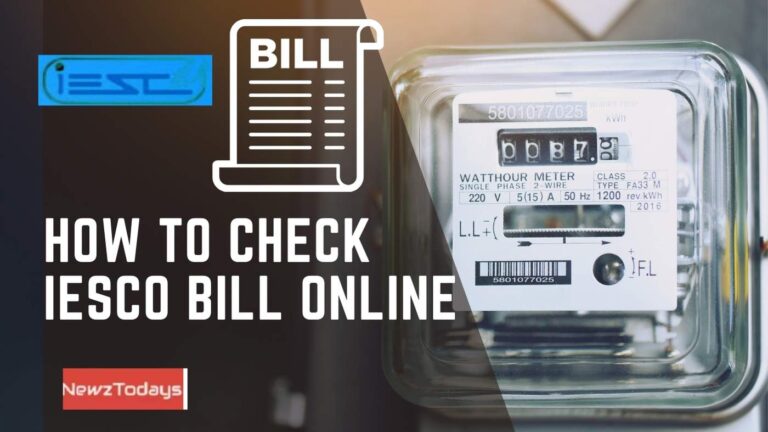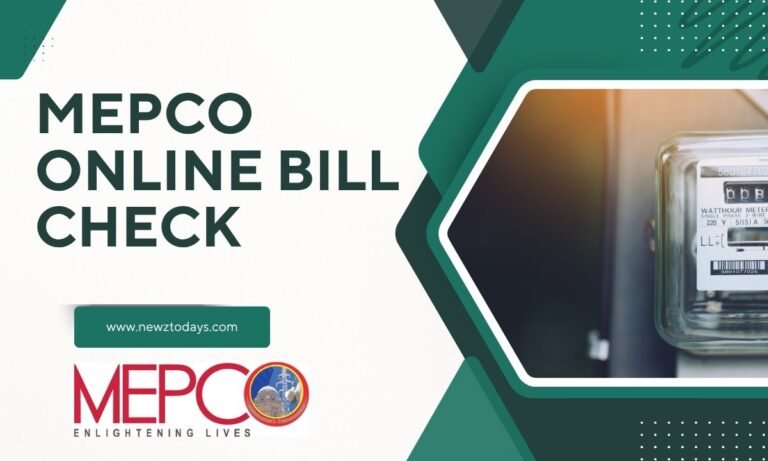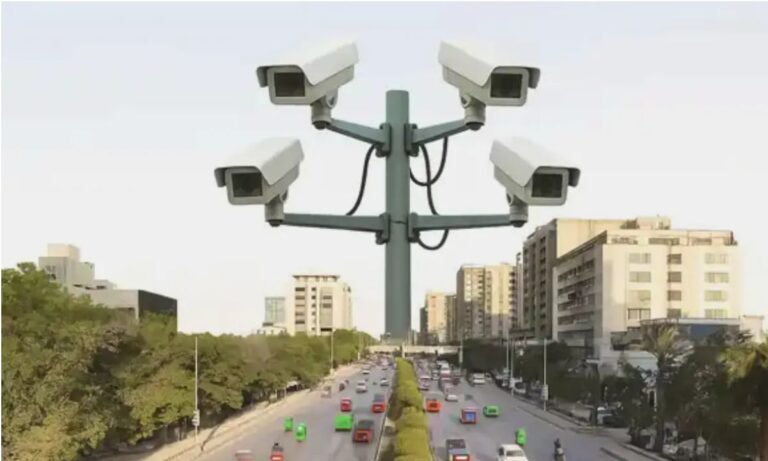SBP sets 2026 deadline for routing all government payments through Raast as subsidy programme is aimed curbing cash reliance.
The State Bank of Pakistan (SBP) has announced on Thursday to accelerate merchant adoption of Raast, the country’s official instant digital payment system.
At the same time, the central bank has set an ambitious goal of routing all government payments through Raast by the end of the fiscal year 2025-26.SBP Governor unveils digital roadmap for Cashless Economy
Speaking at the launch of a study titled Merchant Payments on RAAST: Responsible Pricing for Impact and Inclusion, SBP Deputy Governor Saleem Ullah said the central bank is “working very aggressively” to achieve the target.
He said that the subsidy scheme took effect in September 2025 and would help merchants to reduce the cost of digital transactions.
Under the three-year support package, the merchants will get at a rate of 0.5 percent of each person-to-merchant (P2M) QR code transaction, or Rs100, whichever is lower.
This helps to reduce transaction costs for shopkeepers, vendors, and other small businesses to encourage adoption of digital payments.
The programme covers the period from September 2025 to June 2026 for the current fiscal year which would be subsequently extended in comings years.
Mr. Ullah said over Rs11.2–11.3 trillion in cash has remained in circulation outside Pakistan’s banking system. He said that bringing even Rs2.5–3 trillion back into formal channels would benefit banks, fintechs, and electronic money institutions.
He further added that it would curb the country’s vast undocumented economy. “The ultimate goal is to win the war against cash,” he said and called for collaboration among financial institutions and technology providers to expedite digital inclusion.
The new study has noted that Raast has already achieved significant progress in person-to-person (P2P) and government-to-person (G2P) transactions.
However, adoption by merchants has been weak due to several challenges and a deep-rooted reliance on cash.
Cash still accounts for more than 85 percent of all transactions in Pakistan. It imposes an annual economic burden around at trillions of rupees in tax losses, cash-handling expenses, and idle liquidity.
Micro and small businesses in particular are reluctant to use digital platforms due to transaction fees, lack of awareness, and concerns about visibility to tax authorities.
In order to address these issues, the government has announced a subsidy package to ease merchants into QR-based payments. The focus is on everyday users such as street vendors, rickshaw drivers, and small retailers.
During a panel discussion, payments expert Muhammad Imaduddin described Raast as “the pivot of our digitisation efforts.” He emphasised the importance of building partnerships among fintechs, banks, payment system operators, and service providers to work effectively for digital payment adoption.
L. Nshuti Mbabazi, managing director of BTCA, said transparent pricing and communication would be crucial to build confidence. “With responsible RAAST pricing and fully transparent communication — particularly on pricing — your people can turn everyday transactions into confidence, growth, and inclusion,” she said.






